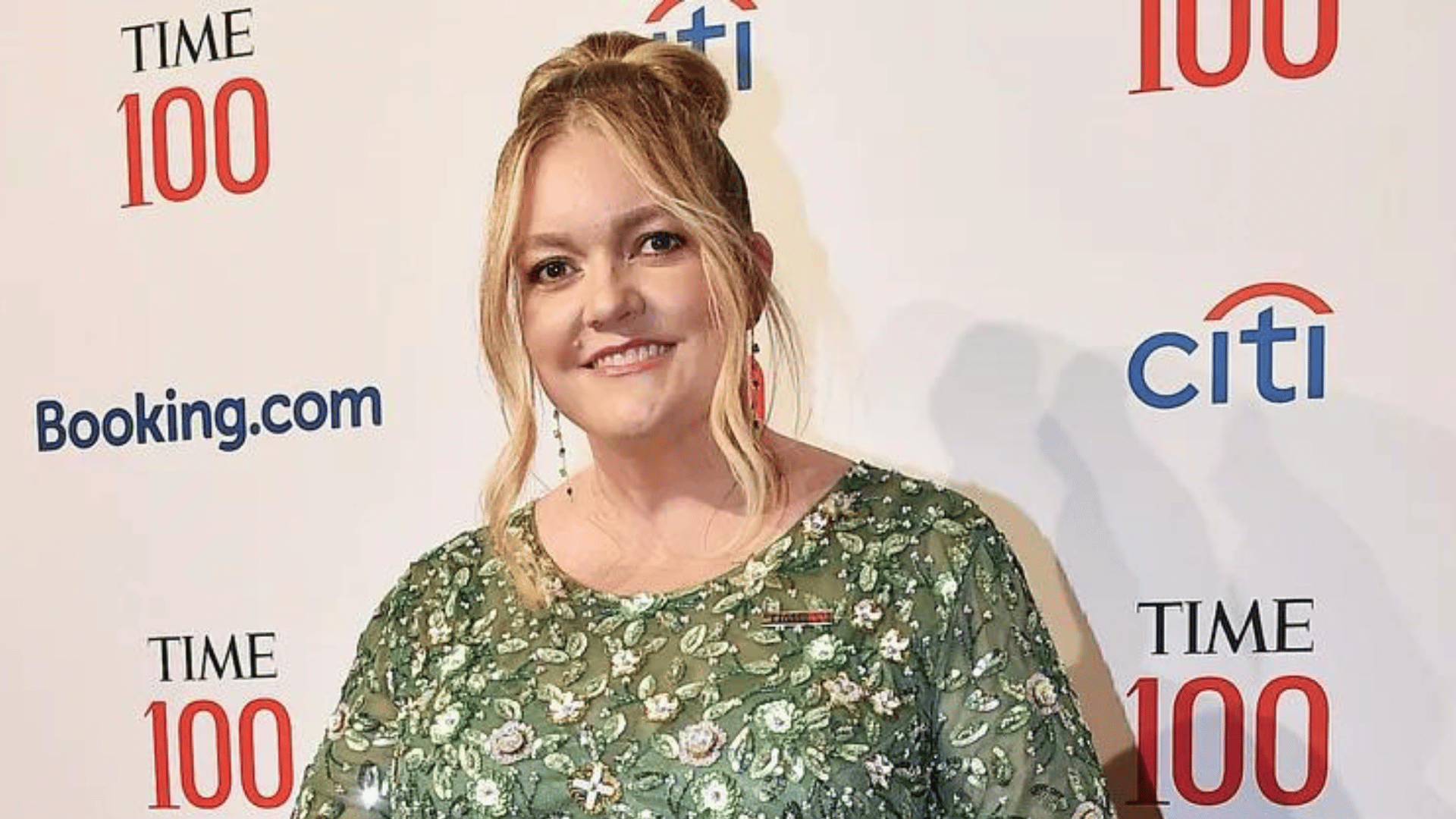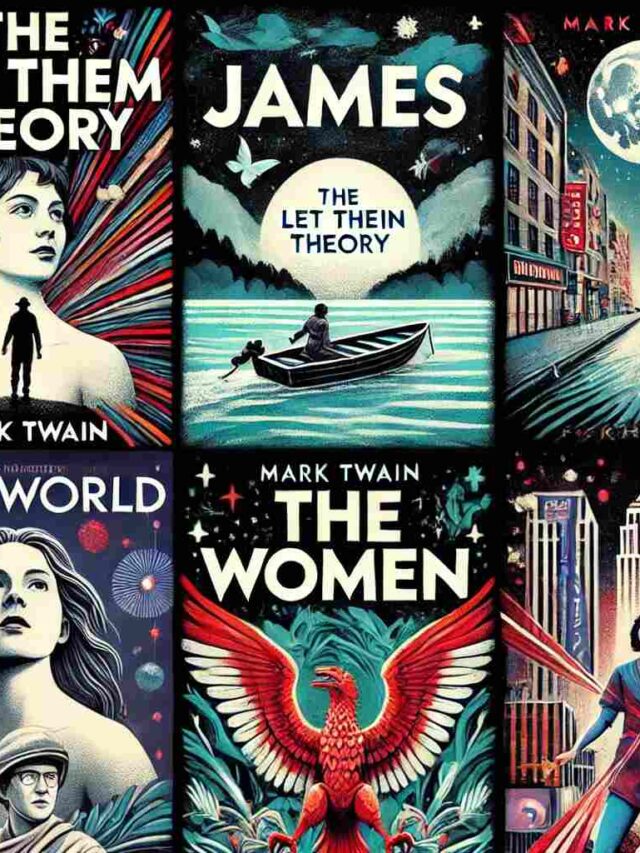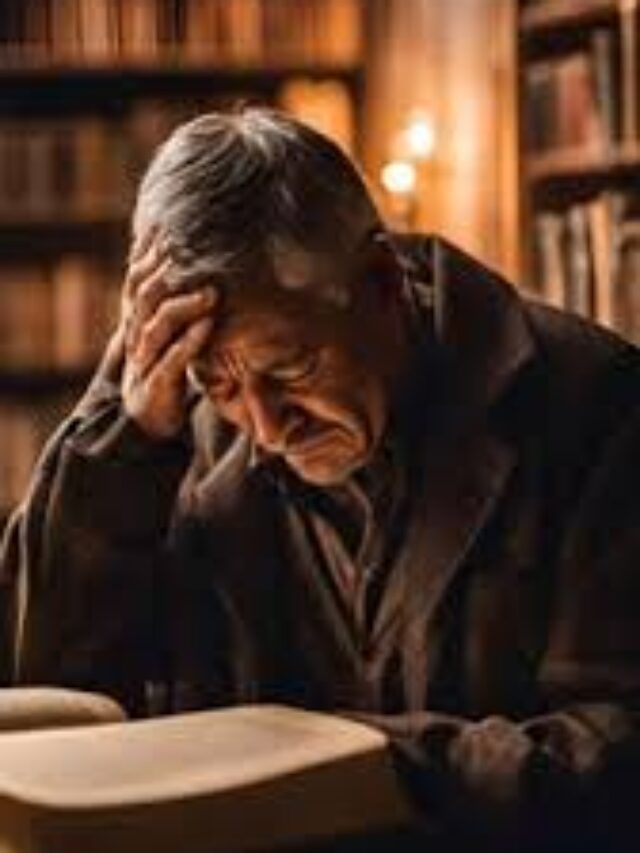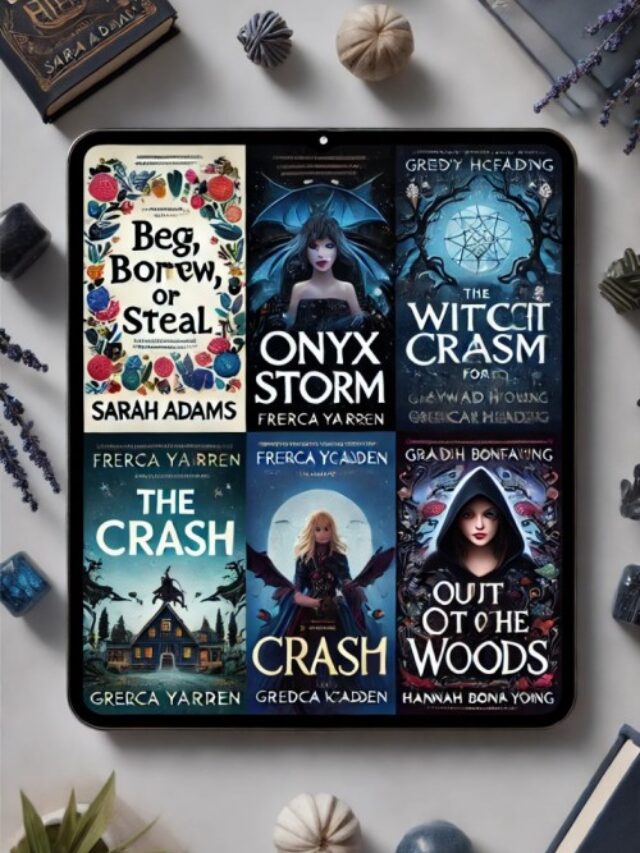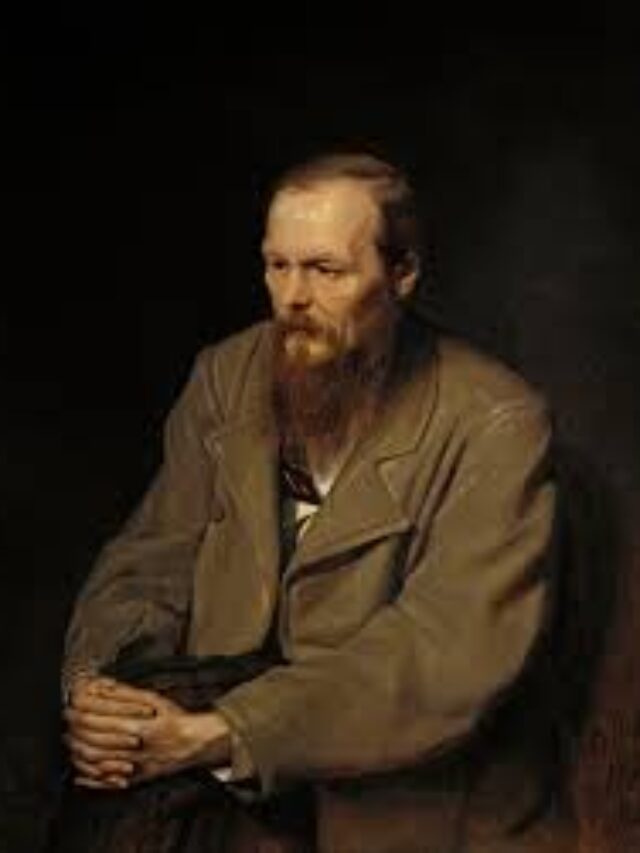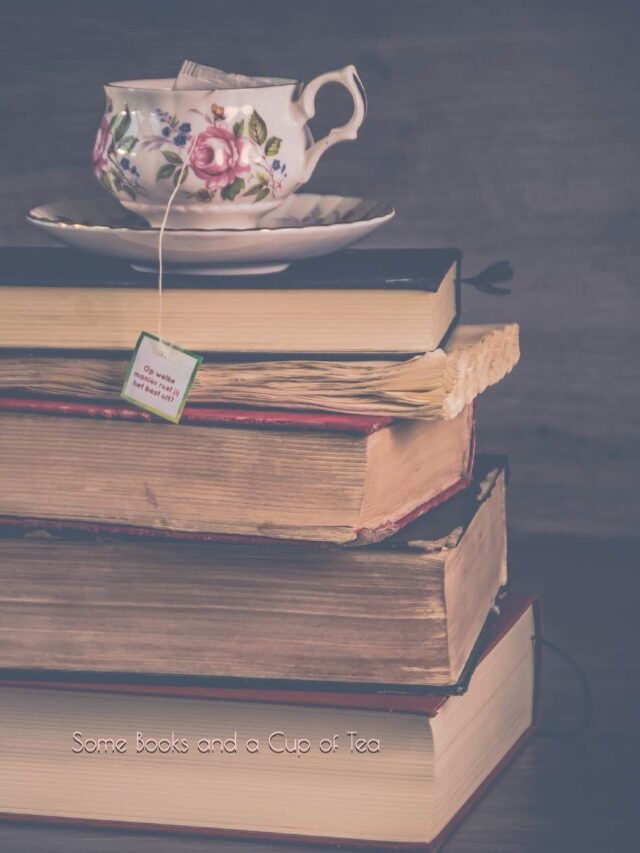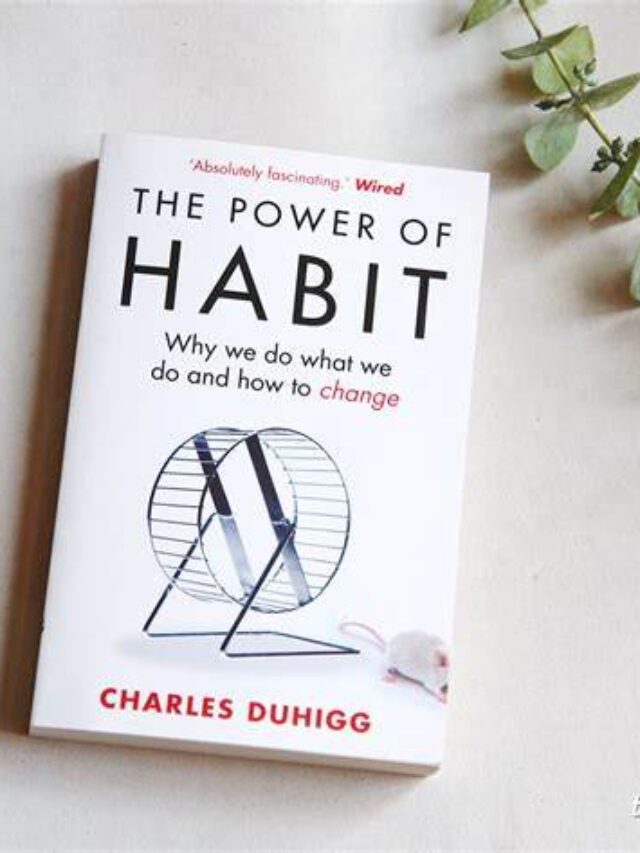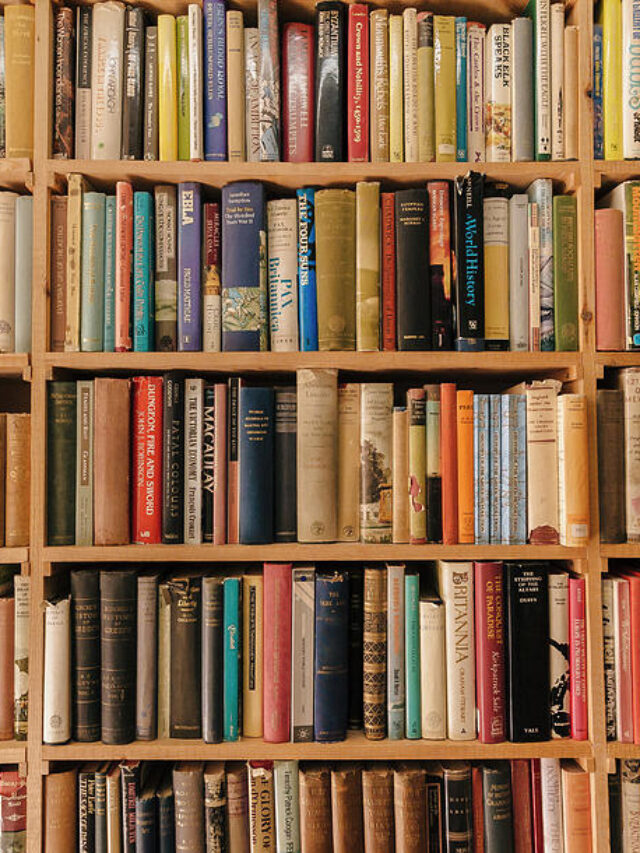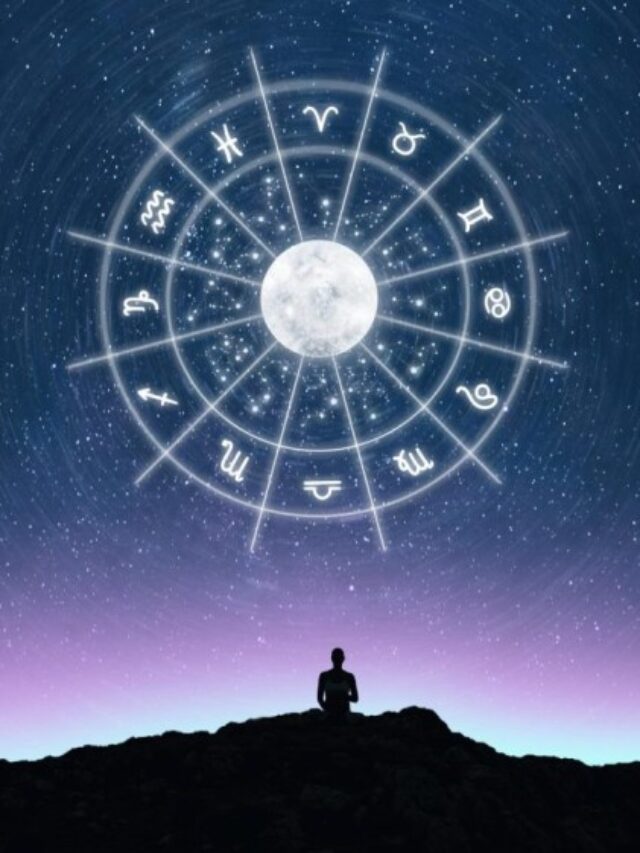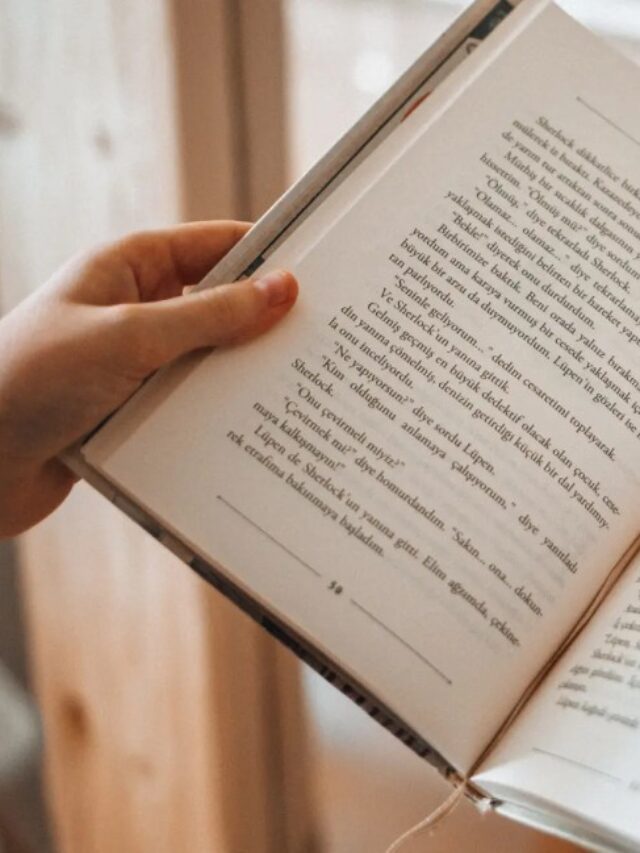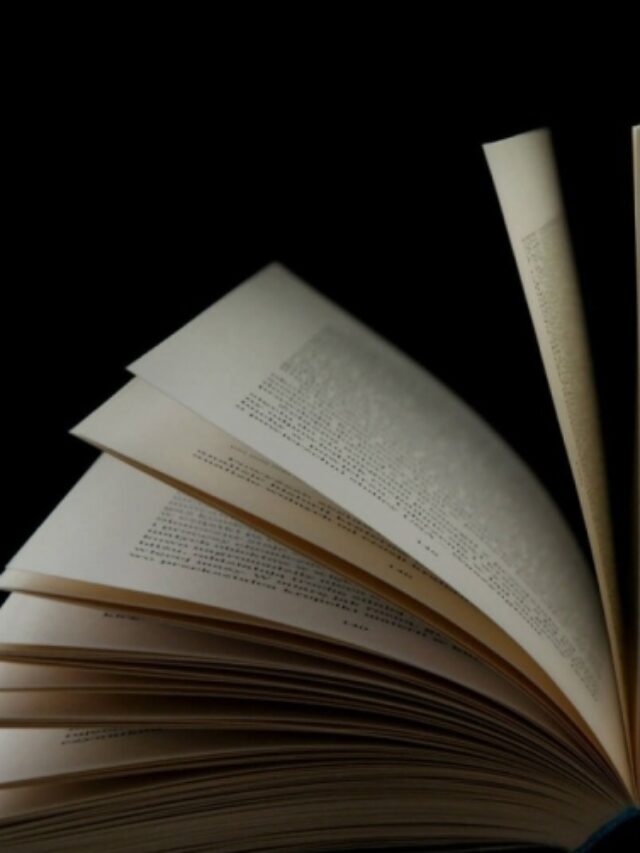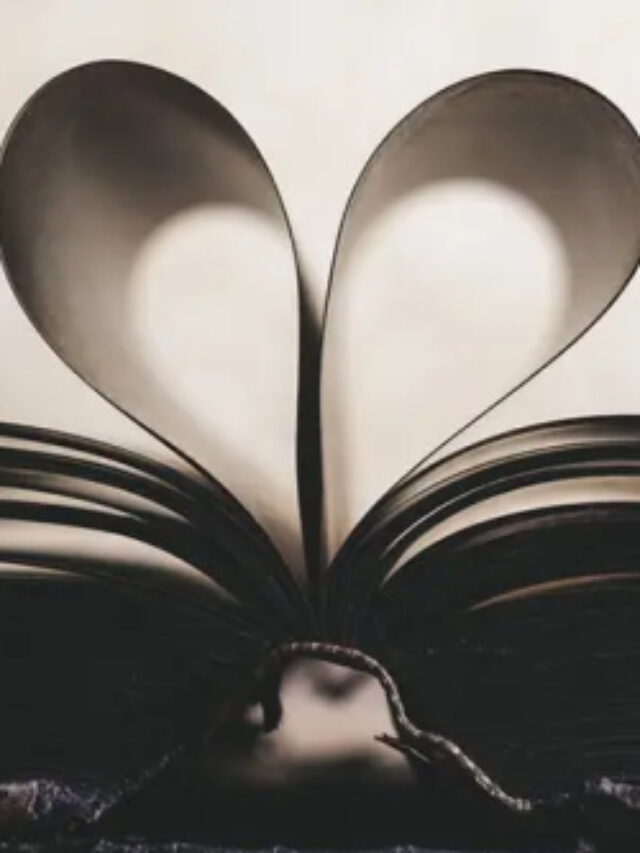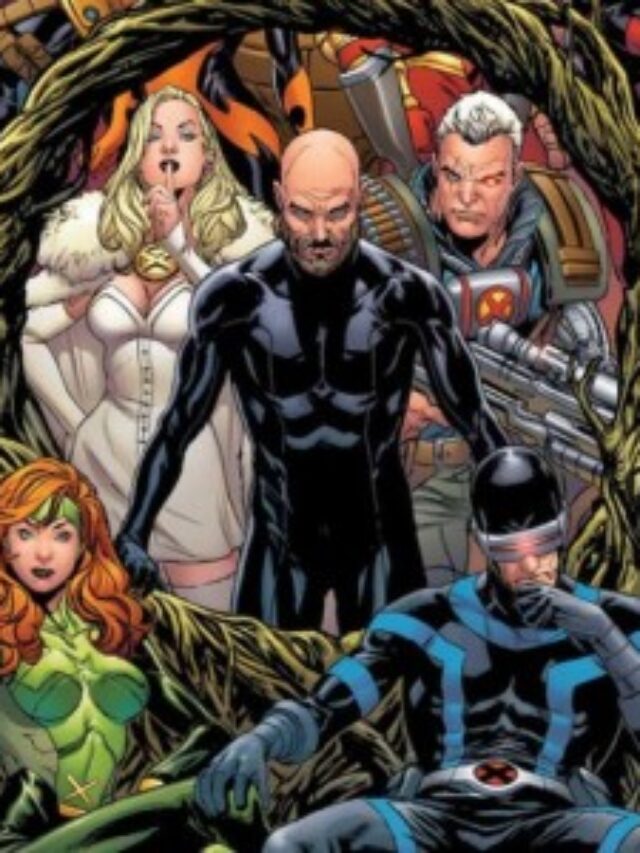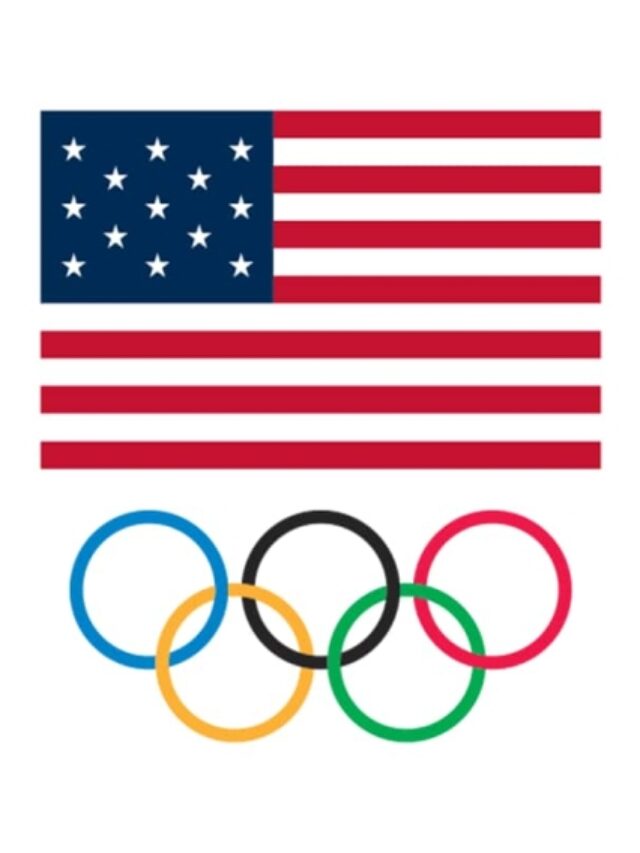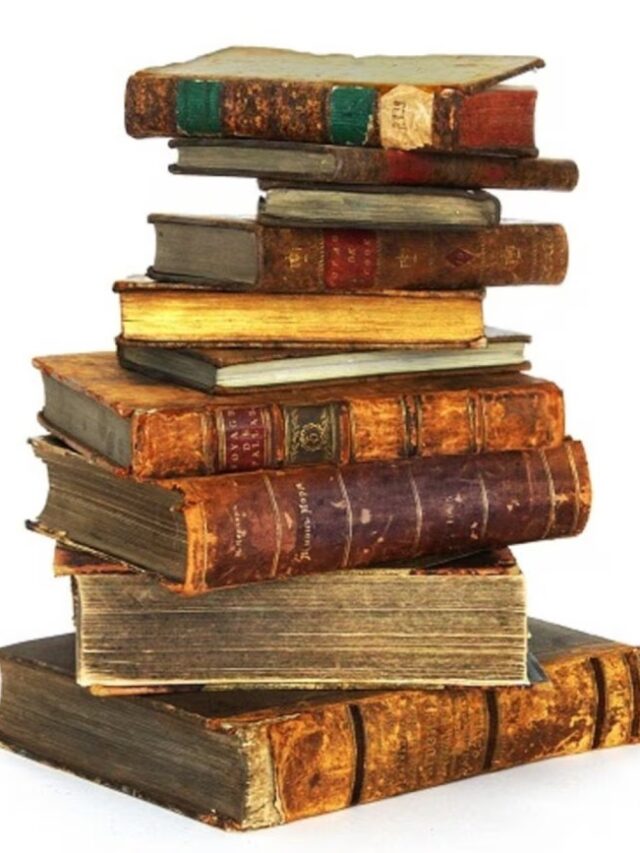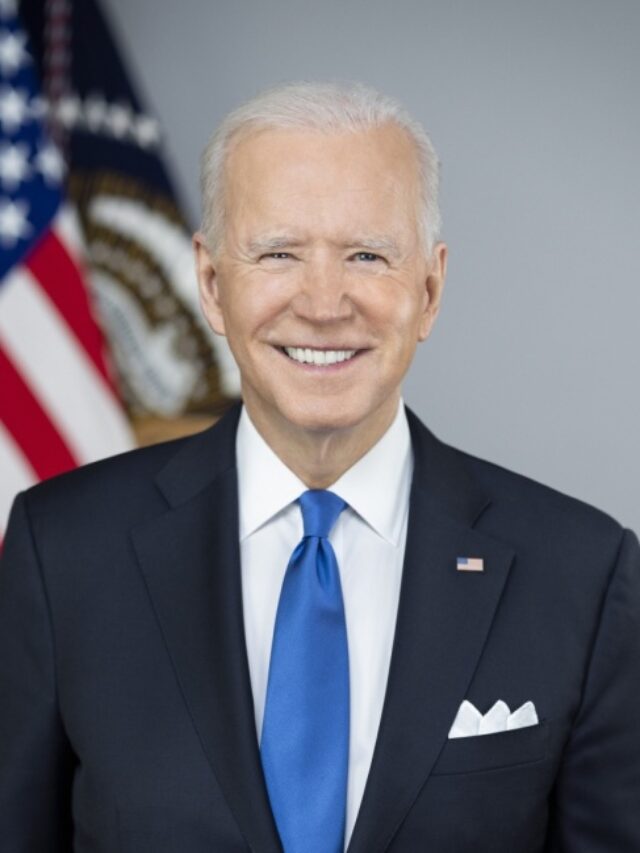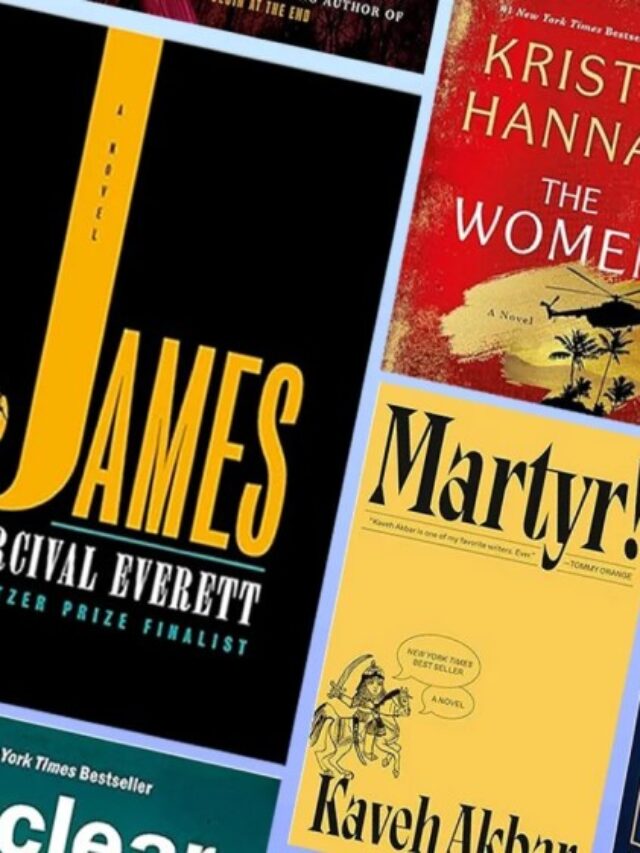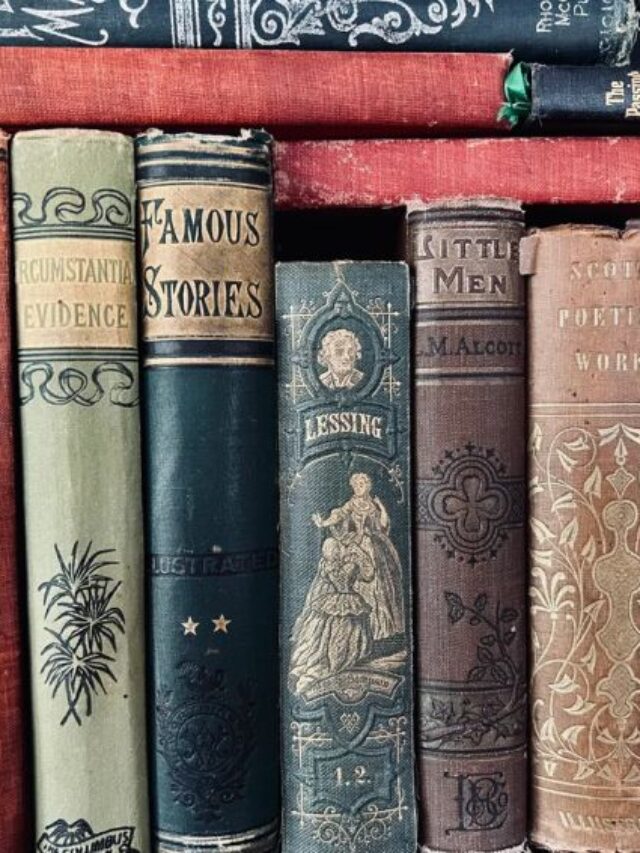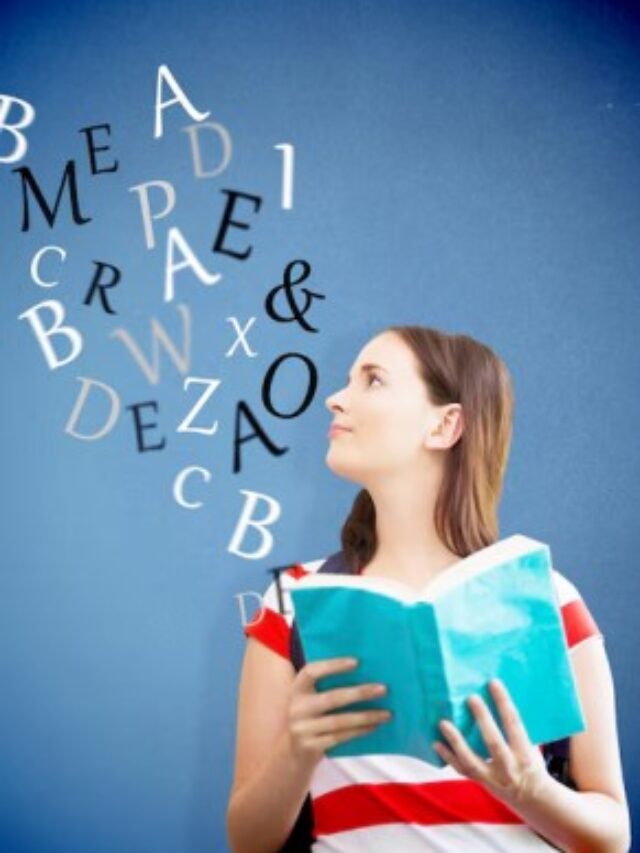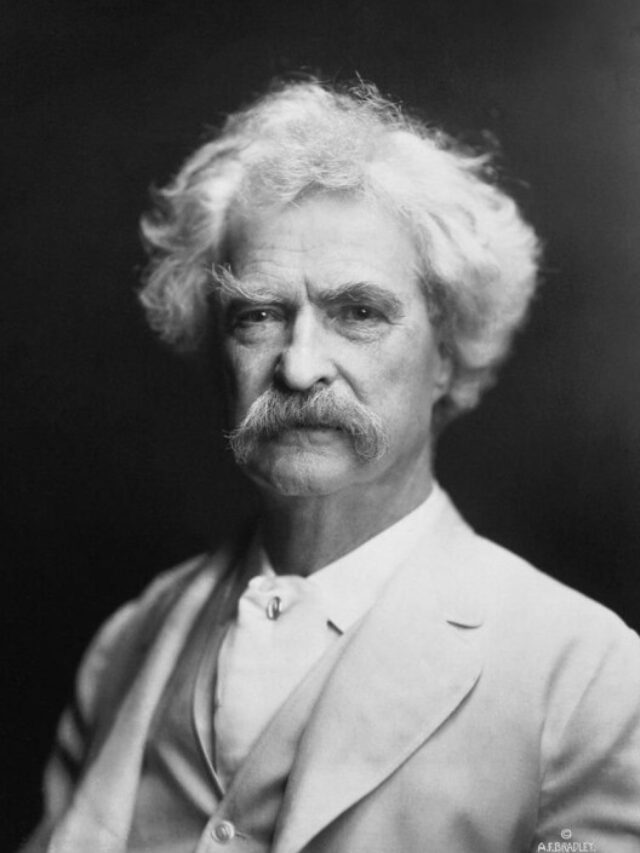Breaking News
Hot Stories
Highlight Stories
Colleen Hoover | 2023 Top Novels, Net Worth & Achievements
Explore Colleen Hoover's 2023 literary triumphs. Discover her top novels, achievements, and the story behind her success.
Discover Categories
-
Discover More of What Matters to You:
- Science
- Life Style
- Videos
- Travel
- Entertainment
- Live Updates
- Wellness
- Wellness
- Uncategorized
- Digital Marketing
- Health
- Workout
- Exercise
- Motivation
EU vows ‘substantial’ contribution to climate damage fund
BRUSSELS: The European Union pledged Monday to…
Nations negotiate terms of plastics treaty in Nairobi
NAIROBI: The latest negotiations towards a global…
Greta Thunberg brushes off interruption at massive Dutch climate march days before election
AMSTERDAM: Climate activist Greta Thunberg was briefly…
What to Watch
Why is Dostoevsky’s ‘White Nights’ all over social media; A look at the fyodor fever
By Onlinesyndrome
J.R.R. TOLKIEN’S BIRTH ANNIVERSARY: A LOOK AT HIS FAMOUS WORKS AND LEGACY
By Onlinesyndrome
Top 10 novels in USA 2024
By Onlinesyndrome
William Shakespeare’s works are rich with lines that have become iconic over the centuries.
By Onlinesyndrome
These authors and their works significantly influenced the literary scene in 2024, engaging a wide audience across various social media platforms.
By Onlinesyndrome
- Advertisement -



Why is Dostoevsky’s ‘White Nights’ all over social media; A look at the fyodor fever
By Onlinesyndrome
J.R.R. TOLKIEN’S BIRTH ANNIVERSARY: A LOOK AT HIS FAMOUS WORKS AND LEGACY
By Onlinesyndrome
Top 10 novels in USA 2024
By Onlinesyndrome
William Shakespeare’s works are rich with lines that have become iconic over the centuries.
By Onlinesyndrome
These authors and their works significantly influenced the literary scene in 2024, engaging a wide audience across various social media platforms.
By Onlinesyndrome
10 Books People Claim to Have Read to Sound Cool
By Onlinesyndrome
8 Must-Read Thrillers
By Onlinesyndrome
8 books that will make you an expert in understanding human psychology and behavior
By Onlinesyndrome
Here’s a list of 10 magical books to captivate your child and spark a lifelong love for reading.
By Onlinesyndrome
Startup Story of a 20-Year-Old Middle-Class Boy
Inspiring Startup Story: How a 20-Year-Old Middle-Class Boy Defied Odds to Build a Successful Business. Learn about his journey, challenges,…
Healthcare Startups Are Minting Money In India This Year
Discover how healthcare startups in India are thriving in 2024, revolutionizing the industry and attracting significant investments. Learn more about…
- Advertisement -



Unlock Your Confident Voice: FREE Method to Beat Stammering Now
Overcome stammering with our FREE method! Unlock a confident, fluent voice and speak with ease. Start your journey to clear…
Follow US
Find US on Social Medias
Weekly Newsletter
Subscribe to our newsletter to get our newest articles instantly!
[mc4wp_form]
- Advertisement -



More Information:Covid-19 Statistics







